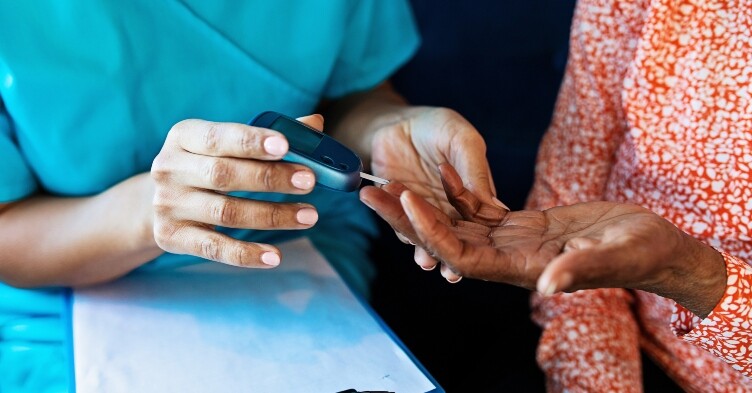Erdogan describes his meetings with Saudi Arabia and Egypt as highly productive, emphasising broader cooperation
Ankara and Riyadh signed what Erdogan described as “major” defense industry cooperation agreements during the visit, reflecting…

Erdogan describes his meetings with Saudi Arabia and Egypt as highly productive, emphasising broader cooperation
Ankara and Riyadh signed what Erdogan described as “major” defense industry cooperation agreements during the visit, reflecting…

Continuing our series highlighting recent presentations from Nursing in Practice 365 events, Diabetes specialist nurse Anwen Jones provides an update on some key principles in management of diabetes in primary care
Currently an

Welcome to Fast Company Daily, our daily newsletter on LinkedIn featuring an article snapshot selected by our editors as well as a roundup of great advice on careers, hiring, innovation, and…

Carmelo Anthony, Tracy McGrady and Vince Carter recap their picks for the Rising Stars Draft.
The 2026 Castrol Rising Stars were drafted to three teams with Dallas Mavericks rookie Cooper Flagg, Charlotte Hornets…

The United Nations children’s advocacy agency expressed…

A niche corner of the commercial space sector is attracting attention from United States national security planners, not because of its economic promise, but because of the technical problems it is trying to solve.
Maj. Gen. Stephen…

Ukraine and Russia concluded a second day of US-led talks in Abu Dhabi on Thursday without a breakthrough towards ending Europe’s most deadly conflict since the second world war.
The two sides agreed to a reciprocal exchange of 157 prisoners of…
REAL TIME WITH BILL MAHER continues FRIDAY, FEBRUARY 6 (10:00-11:00 p.m. ET/7:00-8:00 p.m. PT) on HBO and will be available to stream on HBO Max. Allowing Maher to offer his unique perspective on contemporary issues,…